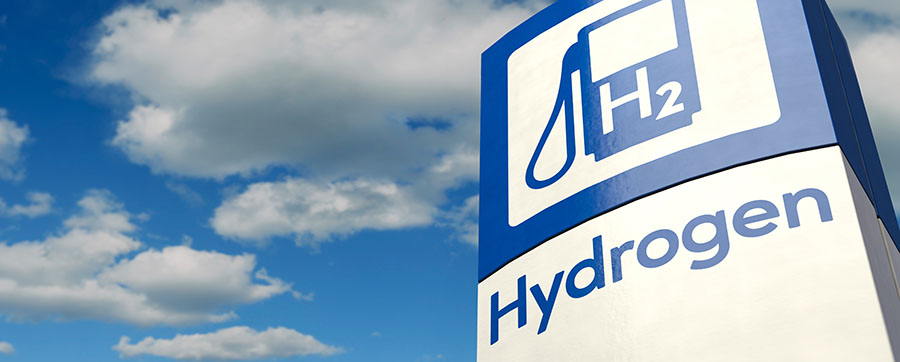(Based on reporting by Meghan Gordon, Gregory DL Morris and Jeff Mower. You can read more about the Delta purchase here.)
At a press conference held the day after the deal was announced, in the parking lot of the refinery, Jeffrey Warmann, the former Murphy Oil refining executive who has been recruited to run the new refinery, said there was going to be a change to the refinery's slate of crudes. Looking at company-by-company import data from the past, Trainer appears to have run heavily on Angolan and Nigerian crudes.
But Warmann said the crude slate would be altered to include more North Sea barrels, and crude from the Bakken. That latter statement could be taken as a sign that the economics of moving Bakken crude to the Northeast by rail, and then either barge it down the Hudson or take it right to the Philadelphia area by train, are still workable. When it was first done, it seemed crazy. Now, it might be part of Delta's business plan.
Increasingly, market observers have said that a steady flow of Bakken crude to the East Coast could be the savior of that region's beleaguered refining sector. Delta may be first in line to test that on a consistent basis.
It's all about the crack spread. Delta's move isn't like buying outright WTI to hedge your jet fuel price; Delta does that already, though most of its hedging has shifted to Brent.
This is about being in position to benefit from the high crack spread on jet fuel on the US East Coast in particular, and more generally, the world. As economist Philip Verleger wrote over the weekend in a report that looked amazingly prescient when the Delta news broke Monday, "Capturing the refinery premium would provide a(n). . .economic advantage to Delta. The firm will also be able to pick up the 'extra refining premium' that has been in the market for the last year or so. For jet fuel, refining margins have increased from around $12 to $18 per barrel. The difference amounts to roughly 15 cts per gallon. The combined savings for Delta could be 20 cts/gal. This would give it a $4000 to $5000 advantage on every flight from JFK to Heathrow, assuming no change to East Coast competitive conditions."
Of course, being long the jet crack means the company now is also long the gasoline crack, and it's that margin that's been so devastating to East Coast refiners. But Delta CEO Richard Anderson, in a conference call with reporters, didn't seem concerned. "If gasoline crack margins stay the way they are today, that just means the jet margins and the middle distillate margins are going to continue to go up and be the highest margin on the barrel for a refiner," Anderson said. "If the gasoline cracks go up, this is a really valuable asset." He also said if gasoline cracks go up, "that means jet cracks went down," but it isn't clear why that would be the case; they could both go up, though the consensus of virtually every analyst is that for the foreseeable future, distillate cracks will rise relative to gasoline cracks.
According to Platts data, the two cracks are wide apart, and not standing still. The spot New York jet fuel crack spread against delivered Bonny Light crude has risen in recent weeks, to $18.16/b on April 30 from $9.06/b on April 10. The spot RBOB crack spread has lagged behind jet, closing at $12.37/b April 30. The jet crack spread premium during the first quarter of 2012 was even more pronounced, with the jet crack averaging $14.05/b and the RBOB crack averaging $3.68/b.
One of the key players in this transaction appears to be Jon Ruggles, vice president-fuel at Delta, and a former oil trader with Trafigura (and earlier with ConocoPhillips, which sold Delta the Trainer refinery). He spoke at Platts North American Crude Oil Marketing Conference in February. In preparing for his participation on a panel about the Brent/WTI spread, he was asked: what would a jet buyer have to do with the Brent/WTI spread?
The answer came back loud and clear: the blowout of the Brent-WTI spread had all but destroyed the jet fuel hedges of any airline that had hedged on WTI, because jet followed world oil prices (like Brent), and WTI marched to its own tune. So hedging jet exposure against WTI didn't perform its intended function. It also is clear that trying to hedge that much fuel through jet swaps is very cumbersome, at times not that liquid, and very expensive. Hence, the hedge is on outright crude.
Ruggles was on the call that Anderson held with reporter Monday, and he was also at the press conference held at the refinery the following day.
John Kingston
Platts



























































